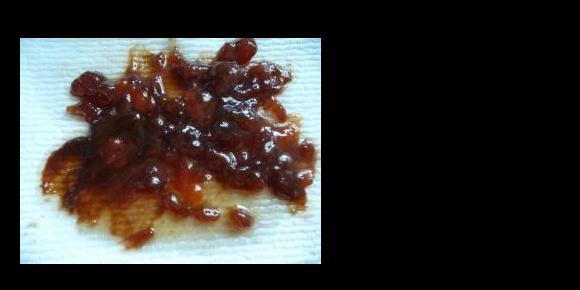What to do if your pet has diarrhea

- posted: Sep. 28, 2019
What to do if your Pet has Diarrhea
Diarrhea is probably one of the most common illnesses that Patton’s veterinarians see on a daily basis. There are many causes-some minor, some serious. Let’s talk about some common causes, when your pet needs to see the vet and what you can try at home.
Causes of diarrhea in pets include: parasites/worms, bacterial infections, viral infections such as panleukopenia or parvovirus, stress, or dietary indiscretion. More chronic cases may be due to things like inflammatory bowel disease, food allergies or intestinal cancer. Some causes may be more common in young pets (like parvo or parasites) and some may be more likely in older pets such as inflammatory bowel or lymphoma. Stools can range from soft, and pudding-like to very watery in consistency and pets may have straining, increased frequency and/or urgency or accidents when they have diarrhea.
If your pet is lethargic, not eating, vomiting in addition to having diarrhea or if she is passing large amounts of blood in her stool, your dog or cat needs to be examined by a vet. A note about blood-it always looks a bit scary, but usually it’s not as serious as it seems. Streaks of bright red blood on the stool are usually just caused by inflammation of the colon. However, passing large amounts of bright red blood or blood clots in the stool or passing dark, tarry stool may be serious and warrant a trip to the vet. When in doubt, make an appointment.
If your pet is eating and acting normally but having diarrhea, you may be able to treat your pet’s diarrhea at home. First, cooking and feeding a bland diet of lean hamburger or skinless chicken with white rice (one part meat to three parts rice) may help to control diarrhea as the rice can help bind the stool. Make sure your pet has access to plenty of water though he may drink less if feeding a bland or canned food diet because it contains a lot of moisture. Fiber such as canned pumpkin or Metamucil powder may improve stool consistence in some cases of diarrhea, but increased fiber can sometimes make diarrhea worse, so use with caution. Probiotics may be beneficial but a brand made for pets is preferred as their gut bacteria differ slightly from our own. Finally, anti-diarrheal products like pepto bismol or immodium may help but call your vet for dosing and DO NOT give these products to cats. If diarrhea is not responding to home care after 48 hours, make an appointment with your vet.
If your pet does need to visit the vet for a case of diarrhea, we can often treat with anti-diarrheal medications, dewormer or antibiotics and a bland diet. More serious cases may require hospitalization to provide supportive care with IV fluids to combat dehydration until the diarrhea improves.
Many cases of diarrhea in our dogs and cats are minor and will improve on their own or with symptomatic medications. Chronic cases may involve a bit of detective work and diagnostics to uncover the underlying cause and your pet may need to eat a special diet or may need to take long term medications to keep symptoms under control. If your pet’s diarrhea is not resolving or she is acting sick, Patton’s vets are here to help!
This blog brought to you by the Patton Veterinary Hospital serving Red Lion, York and the surrounding communities.
Location
Patton Veterinary Hospital
425 E Broadway
Red Lion, PA 17356
